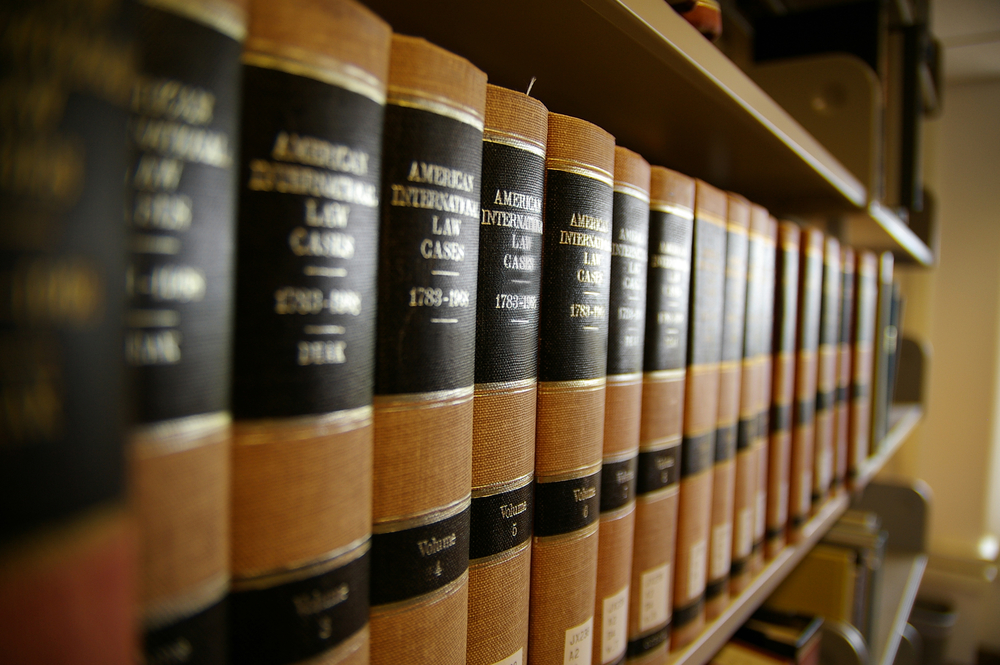At some point or another, we have all watched or heard about a criminal case and wondered just how a lawyer could represent someone charged with such a serious crime.
If they know their client to be guilty, or at least suspect they might be, how can they stand up in a court room and present them as innocent?
Well, the fact is that it is not a criminal lawyers job to determine if their client is guilt or otherwise. Their duty is to ensure that everyone has their right to legal representation and to protect the integrity of the legal system.
No matter what the outcome of the case may be, a lawyer may never know for certain if their client was innocent and focus solely on building the best possible case on their behalf based on the evidence available.

Why are criminal lawyers so important?
Without criminal defence lawyers, the legal system would swiftly collapse and there would be far more innocent people convicted of crimes they didn’t commit.
Criminal lawyers are often presented poorly in mainstream media, portrayed as using underhand tactics to try and get the charges against their client dropped at all costs.
The reality is very different to this. Criminal lawyers do not determine the guilt or innocence of a person. They examine all the details and evidence of a case and use it to build the strongest possible defence for their client. It is them up to the court to determine the outcome.
Criminal Lawyers Cannot Lie
Another common misconception about criminal lawyers is that they will lie to get the charges against their clients dismissed. This is not the case. Criminal defence lawyer cannot lie if asked about evidence that suggests their client is guilty, nor can their present evidence if they know it to be false.
Privilege laws protects communications between lawyers and their clients from becoming public, but as lawyers cannot determine true guilt or innocence, even if their client dues admit that they are ‘guilty’ in private, the lawyer does not know for certain that they are telling the truth.
If a person does tell their lawyer that they are guilty, but still decides to plead not guilty in court, their lawyer cannot then positively argue that they did not commit the offence. What they can do is carefully examine and deconstruct the argument of the prosecution to demonstrate that they have not been able to prove all elements of the offence beyond reasonable doubt.
Criminal Lawyers can turn down cases
Glasgow criminal lawyers have the right to take or turn down whatever cases they are offered. Sometimes they may do so as they believe that a person is guilty of a certain offence and are not comfortable representing them. However, there are any number of different reasons why a lawyer may turn down a certain case and this is certainly not a indication of guilt in itself. Everyone has the 2legal right to representation when charged with a criminal offence.